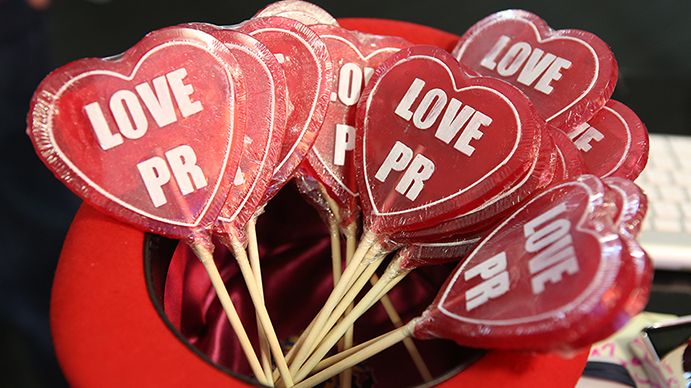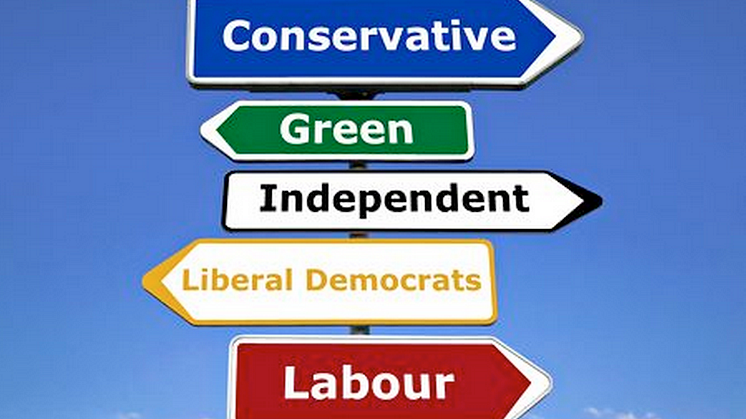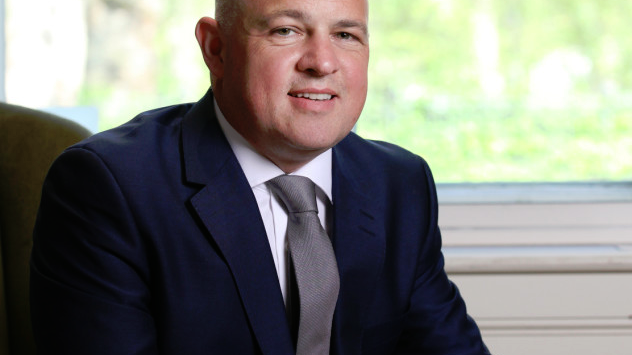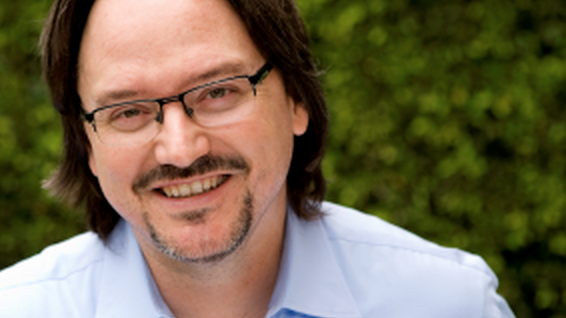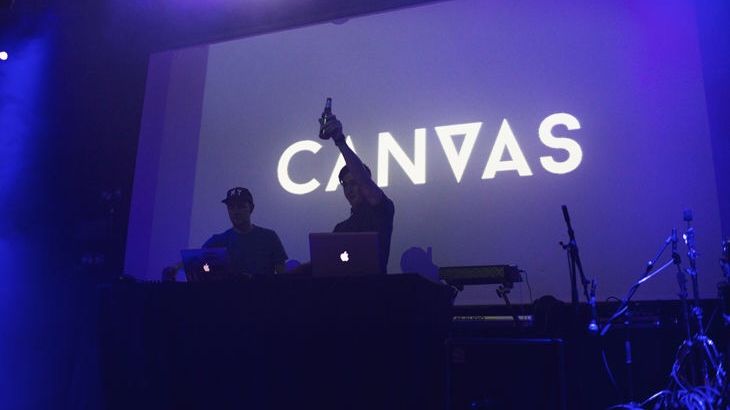
Blog post -
#WeArePR: Paul Sonkamble On Politics in PR
Paul Sonkamble is our first interviewee for the #WeArePR series, an exploration into the evolving world of communications through PR technology.
How do you think modern politics is reflecting or clashing with the modern marketing world?
Well, I think politicians are learning a lot from the modern marketing world. Politics and marketing are often the same thing and certainly, the Politician’s message is crafted by marketers and PR people.
The big U.S. campaigns have employed social media experts, and they’ve built apps, and they’ve created Spotify playlists, and they’re doing a lot more entertainment marketing.
Do you think there’s a contrast there with how politics have traditionally been, and how consumers are used to being spoken to in marketing now?
I think politics has understood what marketers have understood. They have moved from broadcast-based marketing to now to conversational and relationship-based marketing and politics, I guess the door-to-door politics—they’re out canvassing the street. I think they’ve realised that they have to do that more in their overall approach now.
What can marketers learn, maybe, then, from how politics has changed its game to appeal to that kind of new, young audience?
I’m probably quite cynical in my thinking, but I don’t know about politics. They’ve traditionally created a story to meet their own needs. Wagging the dog - politicians kind of coined that phrase, didn’t they? So, there’s a lot of distractionary techniques. But they have really embraced new technology where their audience, constituents or potential voters may be influenced.
Why do you think more people are registering to vote, then? What’s the change in the public?
I think that’s very much to do with the way they’ve understood they need to craft the message. They have made it more accessible, less rigid, in terms of instant—it’s no longer that they publish their manifesto.
Now, there’s stuff on YouTube, politicians are tweeting. The Internet has empowered people to have a broader discussion around many topics. And of course, politics is one that is very, very important, so it only makes sense that there are more people engaged.
Do you think brands have become more democratic with their audience as well? Do they genuinely listen to their customers or their consumers now?
There are brands running their customer support on Facebook and other social media, and people feel validated. They feel that their grievance has been heard and responded to. Some brands do a really, really good job of listening and more are trying to learn from the consumer. That’s why more companies are using an MVP approach.
I don’t really know how it would relate to politics. I don’t think anyone should release an unfinished manifesto! But I think the politicians themselves should become more accessible, the way the brands have become more accessible. I think everyone knows they need to be more accessible and less siloed off.
How do you think the new marketing world has changed how competitive brands are with each other?
Apple and Samsung was a kind of interesting one but I think they’re probably equally adversarial now. It’s just every action and reaction and interaction is available publicly.
The big differentiator for me is how brands manage our relationships with customers. If everything is immediate and has a response, everything is played out in the open because of the Internet.
I think it’s really come to the point—we’re probably doing a lot of things wrong, but we’re flexible enough to change once we realise. As humans we are needs-based and requirement-based, so we learn as we go. It’s very interesting. It’s very much about listening and responding to the needs of clients and customers.


